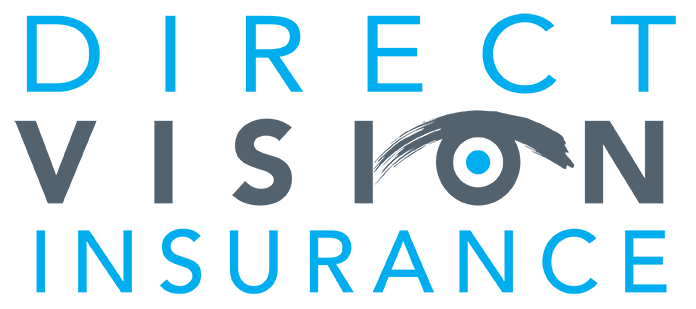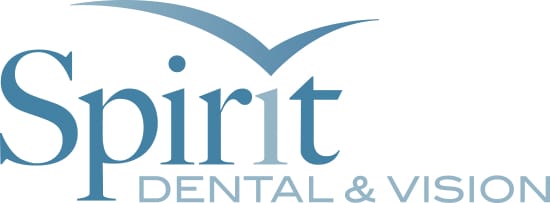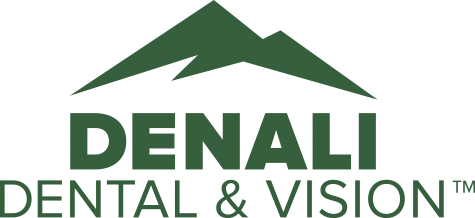Dental And Vision Insurance
Dental And Vision Insurance
If you are facing the need for extensive dental care or want coverage for yearly cleanings, we can find you the right plan for your situation. We contract with various dental plans, with various levels of coverage. In addition, if you wear corrective lenses or want assistance paying for your annual vision exam, we can assist you with that too. Just click the link below to preview our most common plans. You can call us if you have any questions or need assistance.





